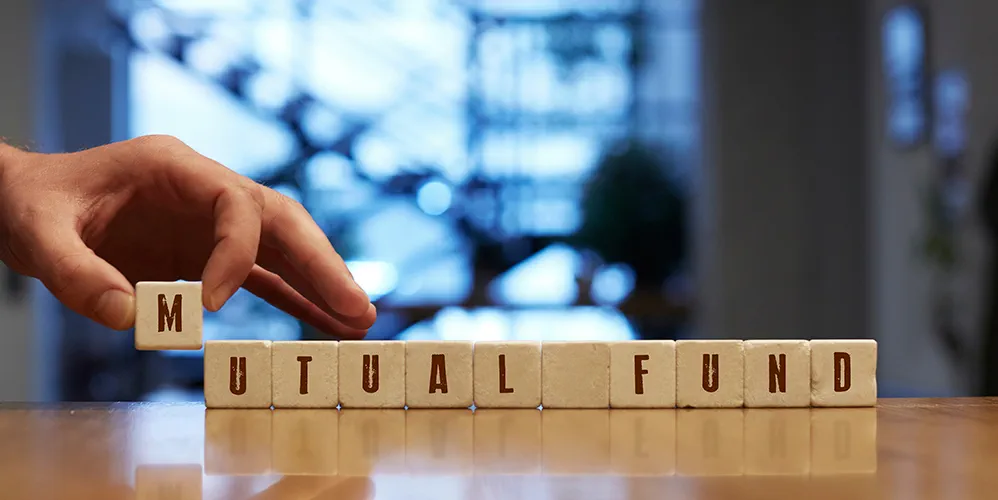
RD vs FD - Difference Between Recurring Deposit and Fixed Deposit
21 Mar 2023

Table of Content
Today, maintaining a bank account has become a norm. You need to provide your bank account number on various occasions; like receiving the salary from employer or subsidy from the government under a scheme. And most people open either fixed deposits or recurring deposits.
There are several reasons why people confuse a recurring deposit and a fixed deposit . Their similar features and benefits like steady returns, safety of capital, and popularity as saving vehicles leave people confused and some of them are left asking, “What’s the difference?” between a recurring deposit and a fixed deposit.
Granted, both are great fixed income products, but here are a few major differences between the two that are worth knowing about, to make better informed choices between them-
Major Differences Between: Recurring Deposit V/s Fixed Deposit:
Following are the differences between recurring deposits and fixed deposits:
| Parameters | Recurring Deposit Account | Fixed Deposit |
|---|---|---|
| Meaning | RD is where investors invest a fixed amount each month in the RD account. | FD is where the investors make a one-time investment in an FD for a fixed tenure. |
| Eligibility | Investor: Individual (including minors) and non-individual investors Minimum Age: 10 years | Investor: Individual (including minors) and non-individual investors Minimum Age: 10 years |
| Types |
|
|
| Benefits |
|
|
| Way of Investing | Periodical (like SIP) | Lumpsum |
| Tax Benefits | Tax deduction allowed under Section 80C | Tax deduction allowed under Section 80C |
| Documents Required |
|
|
| Maturity | Depends upon the tenure selected by the investor. The minimum maturity period is 6 months for most banks. | Depends upon the tenure selected by the investor. The minimum maturity period starts at 7 days. |
| Withdrawal | Withdrawal can be done after the tenure expires. Premature withdrawal can attract penal charges. | Withdrawal can be done after the tenure expires. Premature withdrawal can attract penal charges. |
| Investment Limit | The minimum investment starts from Rs. 50 to Rs 100 but can vary amongst different banks. | The minimum investment starts from Rs. 1000 but can vary amongst different banks. |
| Tenure | At the discretion of the investor | At the discretion of the investor |
| Ideally Suited For | Risk-averse investors who want to invest small amounts periodically. | Risk-averse investors who want to invest a lump sum amount. |
Also Read - Features and Benefits of Investing in Recurring Deposit
What Should You Choose RD or FD?
When it comes to choosing between FD and RD, the above differences can be of great help. RD allows the investors to systematically save small amounts each month whereas FD requires the investor to invest a lumpsum amount at once. Ultimately, whether to invest in FD or RD depends upon the investor’s goals and preferences.
Popular Articles
Guide to Getting Agriculture Loan: Application, Eligibility & Required Documents
Related Articles










-
Disclaimer
The contents of this article/infographic/picture/video are meant solely for information purposes and do not necessarily reflect the views of Bank of Baroda. The contents are generic in nature and for informational purposes only. It is not a substitute for specific advice in your own circumstances. Bank of Baroda and/ or its Affiliates and its subsidiaries make no representation as to the accuracy; completeness or reliability of any information contained herein or otherwise provided and hereby disclaim any liability with regard to the same. The information is subject to updation, completion, revision, verification and amendment and the same may change materially. The information is not intended for distribution or use by any person in any jurisdiction where such distribution or use would be contrary to law or regulation or would subject Bank of Baroda or its affiliates to any licensing or registration requirements. Bank of Baroda shall not be responsible for any direct/indirect loss or liability incurred by the reader for taking any financial decisions based on the contents and information mentioned. Please consult your financial advisor before making any financial decision.
A Complete Guide to Recurring Deposit
Recurring Deposit (RD) is a common financial instrument in India since it is low-risk and offers moderate profits guaranteed to be paid out regularly. Customer options for investment quantity and term length are among its many desirable features.
How to Calculate Recurring Deposit Interest Rate?
A recurring deposit is one of the best ways a small investor can invest funds and grow them. In a recurring deposit, a fixed amount of money is invested at a fixed duration for a fixed period of time. These installments all mature on the same date. Essentially, a recurring deposit is like having multiple fixed deposit investments, all of which mature on the same day.


Leave a Comment
Thanks for submitting your details.